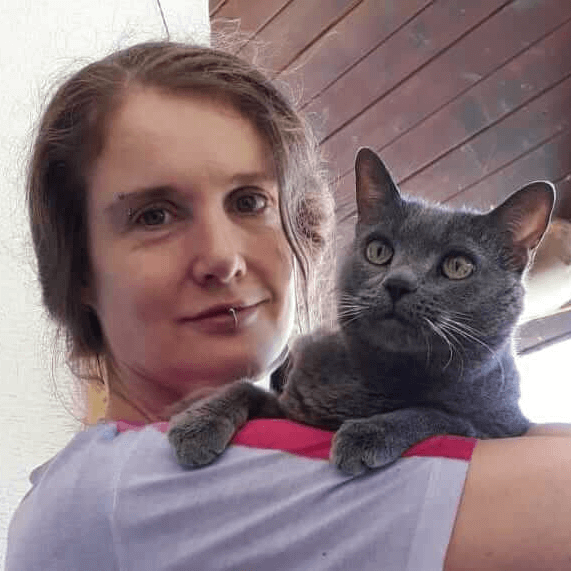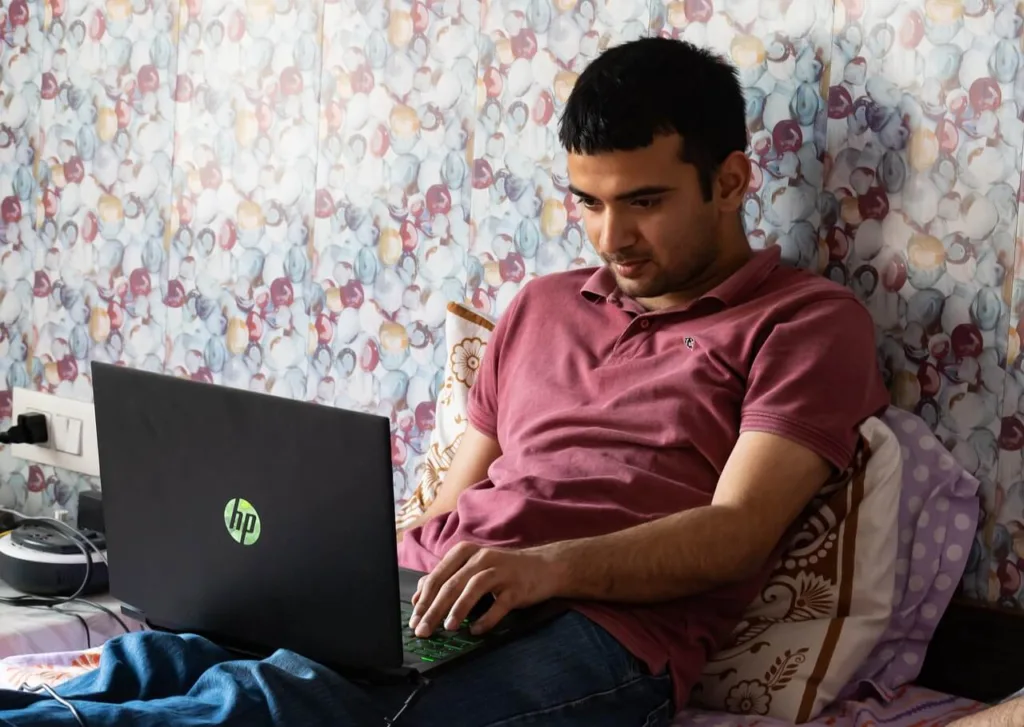Well, will it? Absolutely not! Nobody wants that! For many fully funded PhD students who do not have health challenges, caring duties, or family commitments that makes relocation unfeasible, the on-campus experience is the best. I would never want to deprive anyone of the unique and transformative experience of immersing themselves in campus life.
However, it’s essential to understand that promoting inclusivity doesn’t mean taking away from the privileged few. On the contrary, fostering inclusivity can enrich the experience for EVERYONE involved.
Do you need to be physically present on campus to complete a PhD?
For lab-based projects the distance-based option is unlikely to be practical, except perhaps during the writing up phase. However, for many projects within the humanities or social science, there is no reason why you need to be physically present in the same room, city, or country as your supervisor and colleagues. While only a few programs explicitly advertise themselves as distance-based, supervisors are increasingly receptive to video chat and have embraced this mode of working, especially since 2020.
Interestingly, unofficially distance-based PhD students and hybrid modes of study have always existed.
During the Covid-19 pandemic lockdowns, I discovered that many more postgraduate researchers (PGRs) were effectively distance-based, even if they weren’t officially registered as such. This is worth considering if, for example, you wish to pursue a PhD at the University of Manchester but your family is settled in Cornwall. In such cases, your physical presence on campus may be necessary for only a few days each term, if at all.
Furthermore, if you plan to spend extended periods doing fieldwork, you could effectively be distance-based for much of your studies.
But why would anyone not want to live or study on campus?
1) The distance-based option enables those currently employed to self-fund their PhDs.
Those of us who are not independently wealthy simply cannot do a full-time campus-based PhD without securing funding to cover rent, food, and other necessities. Funding is inherently biased towards certain subject areas and those from non-traditional academic backgrounds are less likely to be awarded funding.
Distance-based study is not a cheap option, and tuition is the same as for campus-based PhDs. However, it becomes more financially feasible if you have a steady income and it does not require the expense of relocating. The distance-based option allows someone to pursue a research degree without going into debt or quitting an established career prematurely.
2) Distance-study permits those for whom relocation is not feasible to complete a PhD at the university of their choice.
Even if you can secure funding, leaving behind family and/or an established support network might not be ideal or even possible. This is especially true for individuals with disabilities or chronic illnesses.
Furthermore, bringing minors or other dependents along for a temporary move can be unnecessarily disruptive for them. Likewise, a spouse may not be able to relocate due to a lack of employment opportunities, meaning the family might have to live apart for several years.
But you cannot beat the in-person experience!
I have encountered a lot of push-back when I promote or advocate for distance-based options. And I do get it. I do appreciate that for many people the in-person experience is invaluable and irreplicable, especially for young people wanting to live away from home for the first time or for those eager to embrace the experience of living in a new city or country.
However, it is misguided to imagine that promotion and accommodation of distance-based PhDs will lead to the demise of the on-campus experience.
With a bit of effort, the traditional postgraduate experience can co-exist alongside remote options. This would make it possible for non-traditional students, who for whatever reason cannot relocate or attend events in person, to also engage with and contribute to academia.
Why is it so important to embrace distance-based PhDs?
Regardless of whether you consider in-person and campus-based degrees as superior or not, the fact remains that for many distance-based study is the ONLY option. Distance-based education at all levels opens doors for those who cannot relocate to the university campus of their choice, or for whom regular attendance in person is not possible.
Including distance-based peers via online and hybrid events enriches the social and intellectual experience of younger, campus-based researchers by exposing them to peers who have a wider range of experiences outside of academia.
Inclusion of distance-based modes of study is essential for diversity and inclusivity in academia. More so than an on-campus course, the distance-based format attracts a diversity of students, with a plethora of different academic, professional, and life experiences.
Things I learned:
• Remote does need not mean isolated!
• Geographical distance need not mean social or intellectual distance from the academic life of your university.
• With a bit of effort from both distance-based and campus-based PGRs and faculty, we can have the best of both worlds.
• Hybrid modes are possible and can benefit EVERYONE.
• None of these can happen without a sustained and joint effort.
How can distance-based PhDs assert their presence?
Maintaining connections with campus-based peers and staff post-pandemic is challenging, but something everyone needs to work towards.
Throughout my doctoral studies I have advocated for all academic events to be either online or hybrid. This was challenging when I started, and prior to 2020 I did not feel like I was part of the wider research community. However, I was fortunate enough to have a pre-established peer-network from my distance-based MA programme. During the pandemic lockdowns, myself and others led the way in helping our campus-based peers adjust to our way of working.
The ongoing challenge now is to ensure that the effort continues. That may mean being the ‘annoying voice’ that gets ignored more often than they should. It also means attending as many relevant hybrid events as you can, and thanking organisers even when you cannot make it.
What can you do as a campus-based PhD to help your distance-based peers?
Distance-based PGRs more often have additional challenges or commitments outside of their PhD. Being employed in a field unrelated to your doctoral studies, having family or caring duties, or chronic illness or disabilities all impact upon an individual’s capacity to self-advocate, volunteer, or be proactive in organising student-led events. Thus, PGR-led activities are predominantly organised by fully funded campus-based students, and as such cater to this demographic.
Low remote attendance rates do not mean that no-one is interested, just that they may have other commitments preventing a particular time or day. Or perhaps they do not feel welcome. Likewise, a distance-based PGR may not volunteer on a conference or seminar series committee because they simply do not have the capacity. This is where faculty-level support is essential. Rather than providing catering to support PGR-led events, someone could be paid to ensure that remote access is set-up. They could also reach out to ensure those who cannot (or would rather not) travel to campus are welcome.




